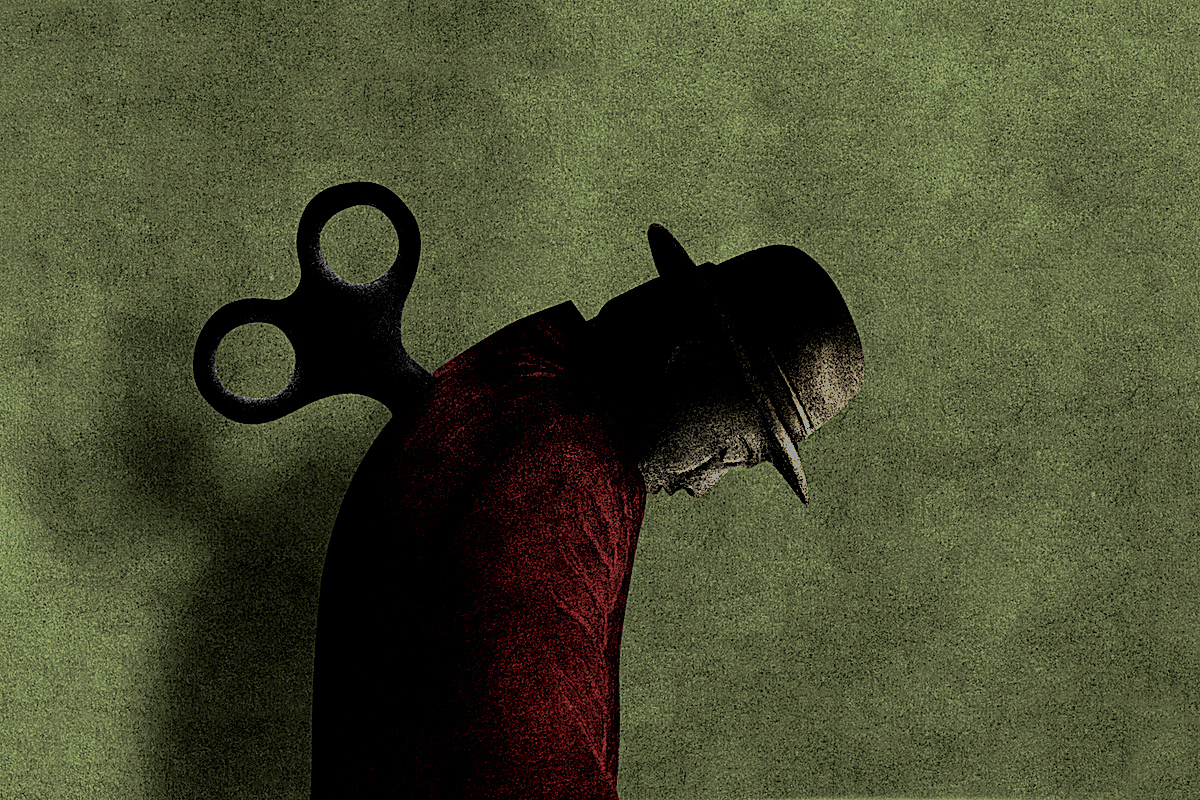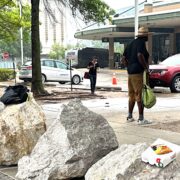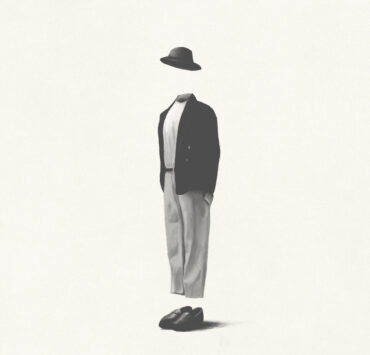Pandemic isolation and social pressures add to stresses
LaDonna Paris thought she had her mental health condition under control.
The 71-year-old great-grandmother was diagnosed with a bipolar disorder in early 2021. With the help of medication and occasional therapy, she was managing a balanced home and family routine.
Paris’s focus was working on her South Tulsa house, mothering her adult children and pursuing a master’s degree in divinity at Phillips Theological Seminary, at 901 N. Mingo Road.
But then, on the morning of October 25 last year, a confrontation with Tulsa police threw Paris’s medical condition out of balance and shifted her life from relative harmonical to bizarre. Employees at the Green Country Habitat for Humanity’s ReStore Tulsa, where Paris was barricaded in the bathroom, had called Tulsa police to report about an African American women causing an issue.
According to police body camera footage of the event, Paris showed clear signs of a mental meltdown behind the locked door.
One of the police officers – four-year veteran Officer Ronni Carrocia – is seen mocking Paris and threatened to use her taser.
As reported in Oklahoma Watch, Paris spread air freshener inside the bathroom, though police thought she had a lighter and would ignite the room.
Carrocia is heard saying on camera, “she’s trying to set us on fire.”
Police eventually kicked in the door, handcuffed Paris, and detained her outside the store before finally taking her to jail. She was arrested on seven charges, including arson.
During her 30 days in detainment, Paris says she was not given access to the medication that helped her stave off manic depression.
With that sobering event, Paris’ carefully calibrated control of her mental health was thrown way off course.
In an interview with The Oklahoma Eagle, Paris recalled the incident and its effect on her stability.
“The way they treated me was awful, disgusting,” she said. “Of course, it left me feeling way off. No one should ever be abused like that.”
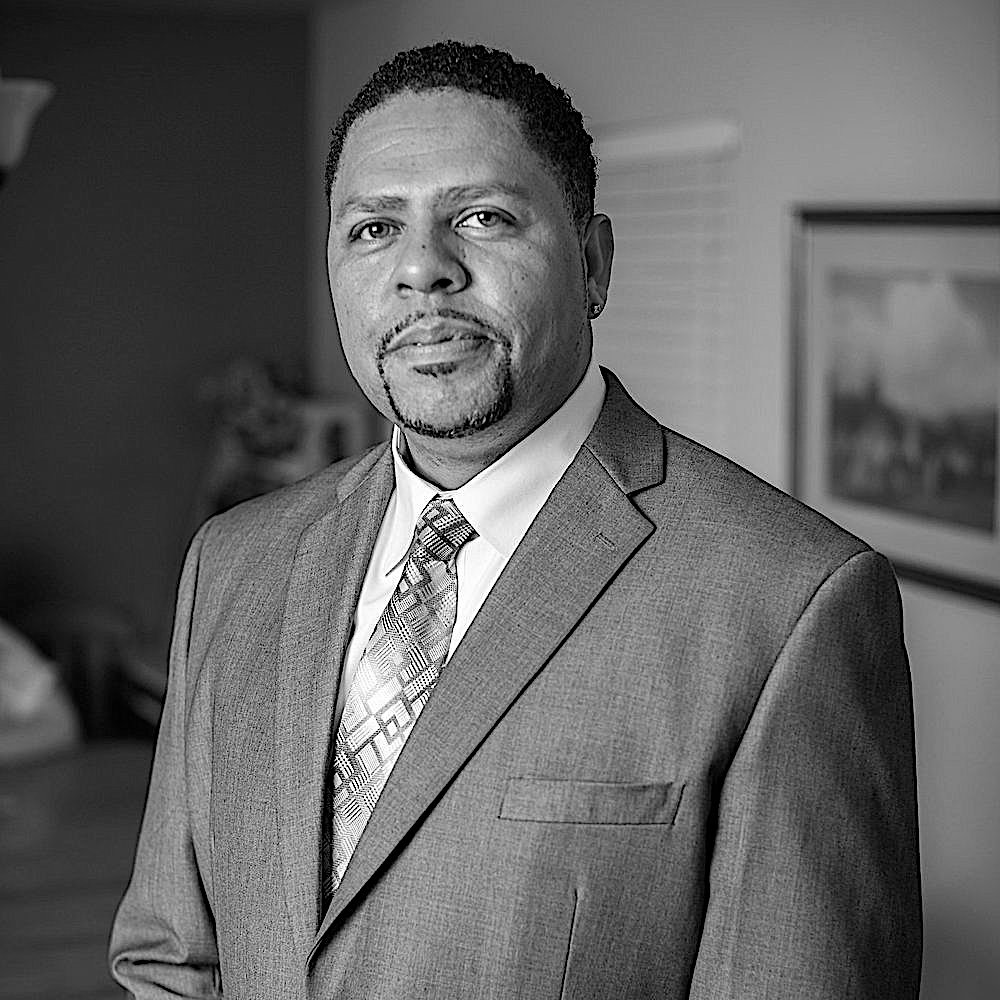
It could have been someone you know
Twenty percent of Black Oklahomans have mental health conditions, according to the National Alliance of Mental Illness (NAMI), an advocacy organization with an active Oklahoma chapter. That means that one out of every five persons you pass shopping in the aisles at Oasis Fresh Market, eating at Wanda J’s, or gassing up the car at QuikTrip suffers a mental disorder.
Like Paris, they juggle everyday pursuits with managing complex medical circumstances such as manic depression and schizophrenia with typical pursuits. And like Paris, many are finding that the pressures of the current era push them close to the snapping point. Against that background, the images published of a Black woman on a Tulsa sidewalk, handcuffed and dazed, her face bloodied, with police hovering menacingly around her, made people think this could have been any one of hundreds or even thousands of Black Tulsans.
For this two-part in-depth report on the mental health issues facing Tulsa’s Black community, the Oklahoma Eagle interviewed more than three dozen people, primarily Black Tulsans. Among them were patients and their families, therapists, counselors, faith leaders, community activists, and others.
We found many people – and sometimes whole segments of the community – stretched to the limits of mental health stability. The tilt away from managing to barely hanging on came through in several stories Black Tulsans shared about how the stresses of the past couple of years have made it tougher and tougher to navigate everyday life.
While they were willing to discuss their stories, most asked that the Eagle not to print their full names out of concern for the stigma about mental health in Tulsa’s Black community.
There was Lisa M., who had lost her retail job due to a coronavirus pandemic-related downturn. She turned to make ends meet with federal assistance. Stuck at home, she returned to her twin demons: heavy drinking and manic fits.
There was Peggy K., diagnosed years earlier as schizophrenic. The clinic where she got her medication stopped issuing it due to staff shortages, leaving her without the medication that gave her a lifeline. Her only option was to check into St. John’s Medical Center, where she could get medical attention.
Such cases – and hundreds of others – are, in turn, pushing the bidding for the services of mental health professionals to the edges. The therapists, clinics, and other institutions designed to help Tulsans – Black or of any race – juggle mental health conditions all report that they are overtaxed.
Tulsa-based psychiatrists are in particularly short supply. Tulsa County has only 131 licensed psychiatrists, with Blacks comprising only a small percentage of that number. In a county with a population of 650,000 – and the seven-county metro population at 1 million – it is no surprise that it takes more than four months for new patients to get an appointment.
According to Carmen White Janak, a Tulsa-based Black mental health advocate, the Family Safety Center of Tulsa has had a spike in the number of domestic abuse cases, many of them including evidence of mental illness.
The Tulsa Housing Authority, which helps place mentally challenged locals in apartments, report that they have clients who have waited more than a year for apartments. Online appeals and depression screenings shot up around 500 percent last year at the Mental Health Association Oklahoma (MHAOK), according to Cynthia Mooney, who is its coordinator of children’s behavioral health initiative.
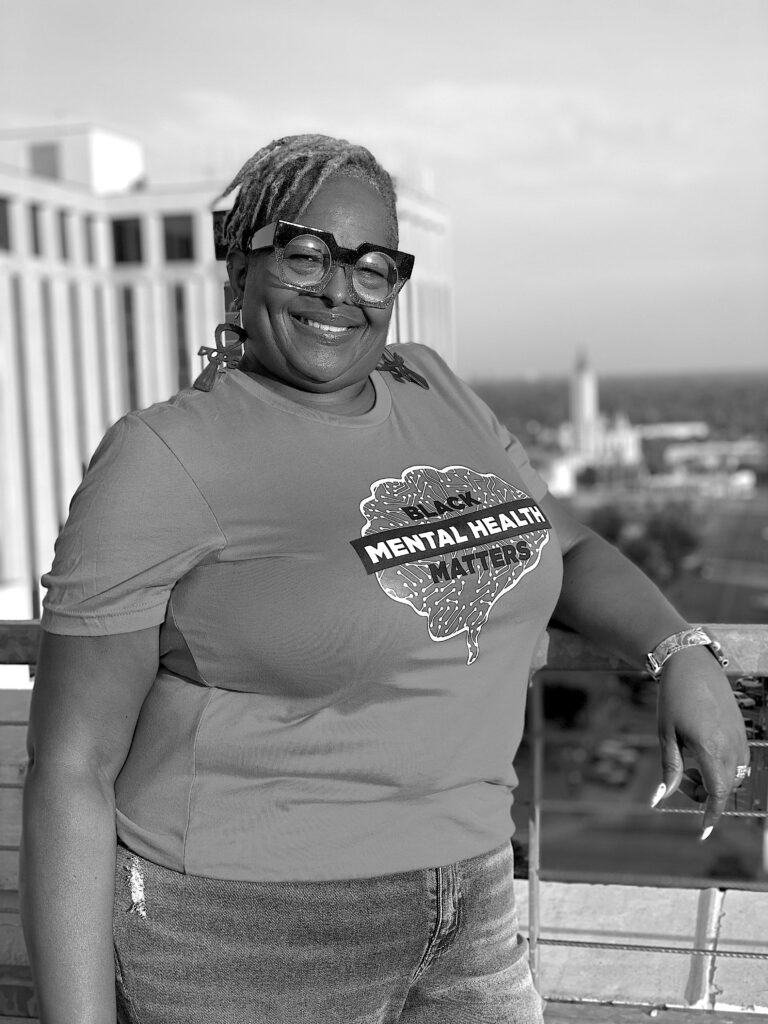
Demand for mental health care is unprecedented
Neither the city of Tulsa nor other organizations keep official statistics by race and ethnicity on the number of Tulsans who apply for or use mental health services. But according to Mark Davis, a Creek and Black native of North Tulsan and chief programs officer at MHAOK, the surge in appeals among Black Tulsans for mental health treatment or related services such as housing has reached unprecedented levels.
“The pandemic, economic hardships, other untreated health issues, food insecurity, poor quality of life conditions all add to the pressures,” Davis told the Oklahoma Eagle.
Devin Williams, owner of the therapy center A New Way Center, concurs. His business has 40 therapists, is based in the Historic Greenwood District, and focuses on Tulsa’s underserved Black community.
He said the problem is particularly acute in the community of adolescents in North Tulsa.
“Demand for therapy among kids who are traumatized is skyrocketing,” he noted. “And the supply of therapists is down. It’s catastrophic.”
North Tulsans who have circulated the community in the past couple of years do not need data to clock the rise in mental health across the Black community.
Around most Black enclaves in North Tulsa, they see scenes of people in crisis mode: Panhandlers bearing all the signs of mental fragility in growing numbers outside the Dollar Store on East Pine Street west of MLK Jr. Boulevard, the QuikTrip on East Pine Street and North Peoria Avenue, and elsewhere.
In pockets throughout North Tulsa, homeless men, women and sometimes families are huddled in parking lots or under expressway bridges. And by all accounts, homelessness and mental instability go hand in hand.
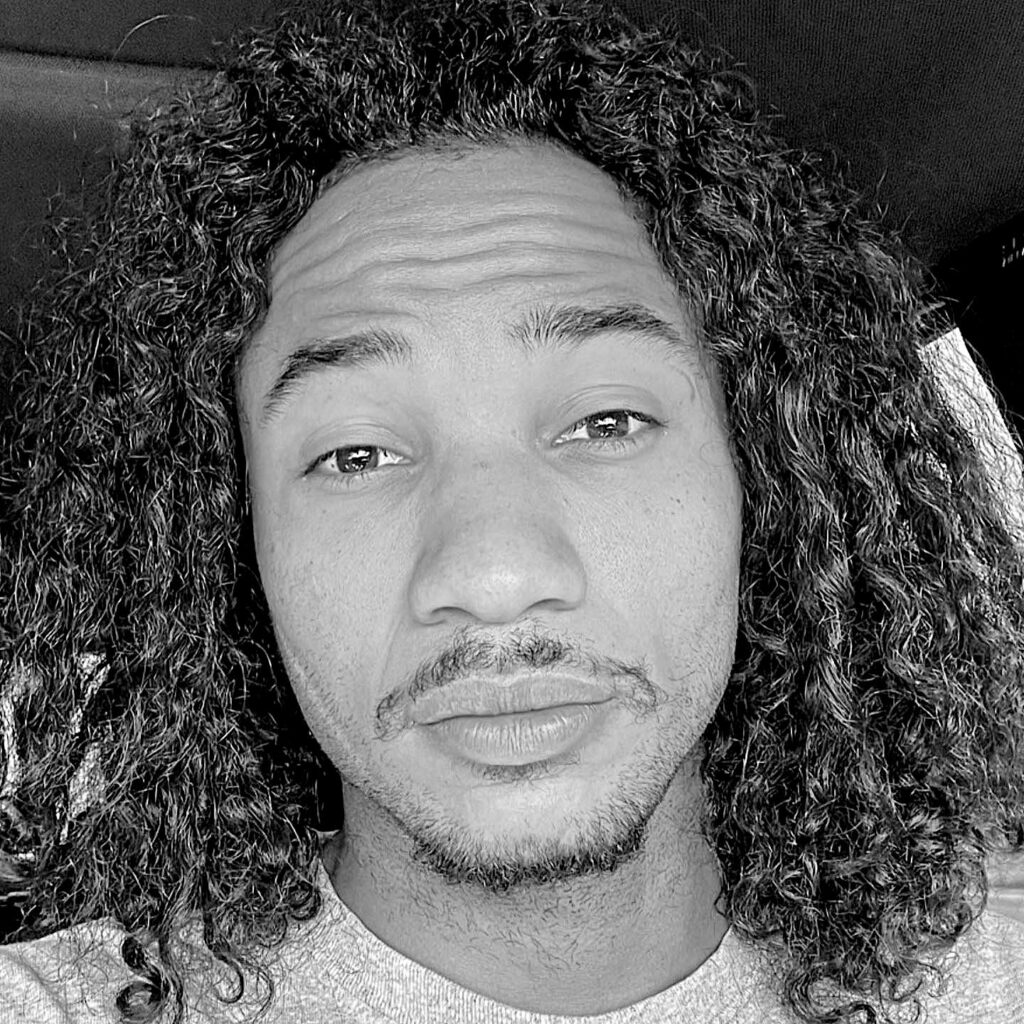
Paris: A case study
Paris’s saga illustrates what can happen when the police, mental health professionals, or other public-facing authorities are understaffed, untrained, or otherwise ill-prepared to handle mentally challenged individuals.
By Paris’s account, her woes with the mental health system started even before she clashed with the police.
After constant prodding from her children, Paris met with a specialist at Laureate Psychiatric Clinic and Mental Health Hospital. The health care After conducting tests, the doctor gave her a diagnosis of Bipolar with psychosis and prescribed medication, she said. But the side effects left Paris feeling miserable and distressed.
“My mouth felt dry, I couldn’t sleep, and someone in the next room was screaming all night.”
Worse, when Paris tried to go home, her exit was blocked. She ran out in escape but was carried back by nine employees. Eventually, they allowed her to depart.
The Oklahoma Eagle contacted Laureate to get its side of the story, but a spokesman declined to comment on the case, citing privacy.
A few weeks later, Paris said, she made an appointment with a private physician, who confirmed her earlier diagnosis, prescribed medication, and recommended a therapist. She says she has kept up with the treatment, which has helped her manage her condition.
“I was feeling pretty balanced out,” she said until the clash with police in October. Through her attorney, Demario Solomon Simmons, Paris is suing the Tulsa Police department for how officers handled her. The case is pending.
Mental health care and policing
Paris’s was only the latest in a series of high-profile encounters between Tulsa police and Black Tulsans suffering mental health challenges.
In 2017, two police deputies opened fire on Joshua Barre after he walked into a north Tulsa convenience store with two large knives. They killed him. The family later reported that Barre had been diagnosed with bipolar disorder.
Even following a public uproar, Tulsa police are often the first responders when incidents involving individuals with mental health issues occur. Many Black Tulsans view the behavior of police negatively in such situations. A 2019 report on policing in Tulsa’s Black community Human Rights Watch summed up the sentiments of many Black Tulsan. “Some residents reported to Human Rights Watch that officers often responded inappropriately to people in a mental health crisis, including using aggressive and commanding tactics that escalated the situations,” the report said. “Some people said they did not call the police to respond to a loved one in crisis, fearing the police would harm them.”
Tulsa’s Black community is not the only constituency in the state seriously afflicted with mental health woes. The Black population, 65,000 in Tulsa County, is only a segment of a state that, by all accounts, is rife with mental health issues.
Oklahoma had the third highest number of general mental health cases per capita in the U.S. last year, according to data released by the Oklahoma Department of Mental Health and Substance Abuse Services. NAMI, the advocacy group, broke down some statistics on just how dire the situation is in the general population: 592,000 Oklahomans, or one in five residents of the state, have a mental health condition, and in 152,000 of those cases among adults, the disease was defined as severe.
In February of 2021, 47.5 percent of adult Oklahomans reported symptoms of anxiety or depression. Across the state last year, 58,000 youth between ages 6 and 17 reported depression, and more than 60 percent did not receive any care. In Oklahoma, one in four homeless live with a severe mental illness.
Suicide rate doubled for Black Oklahomans
White Janak, the mental health advocate, says that “all of these statistics are magnified for Blacks.”
Here’s one example: In 2020, the suicide rate among Oklahomans rose to its highest level in 20 years, according to Oklahoma State Department of Health data. But among Black Oklahomans, the rate surged even higher, doubling between 2016 and 2020.
White Janek points to two significant trends that have contributed to the decline in the mental health of Blacks: the widescale assault on Blacks by police officers and the COVID-19 Pandemic. On the one hand, she said, Blacks had a heightened awareness of the organized attacks against them by law enforcement.
On the other hand, she added, “People were losing jobs. They weren’t going to see their families. They did not have social connections. And if they were a person of color with preconditions, they were on lockdown. So, the touching and visiting that people were used to were not occurring. Of course, it started to be a plague on the mind.
“All of the things people got used to navigating mental health, they didn’t have access to anymore. So, of course, all of this contributed to the mental health crisis,” she said.
As a lifelong mental health advocate, White Janek knew the moment called for her to step up to the plate. She launched a campaign: Black Mental Health Matters. She designed and marketed T-shirts bearing the campaign’s mantra and donated the proceeds to help pay for those needing therapy. She also did a podcast on Black mental health and led a nationwide online support group.
North Tulsa is one of many Black communities nationally facing mental health stresses. Ever since the 2020 murder of George Floyd on the street in Minneapolis, a cloud has hung over the city’s Black neighborhoods. Blacks in Louisville, Kentucky, still regularly mourn Breonna Taylor, the Black woman killed by police there in 2020.
Still, mental health professionals and patients identify several circumstances that combine to make mental health stresses more acute in Black Tulsa.
The lingering trauma of the 1921 Tulsa Race Massacre affects the psyche of descendants of survivors and other Black Tulsans. Intergenerational trauma refers to trauma passed from trauma survivors to their descendants.
People experiencing intergenerational trauma may experience symptoms, reactions, patterns, and emotional and psychological effects from trauma experienced by previous generations. Race massacre descendants have reported having just these kinds of symptoms.
“I believe the science that says that when you have had trauma and trauma has traveled through the DNA, and the post-traumatic stress syndrome that is very much a part of our community years after the initial atrocity,” White Janak said. “There have been ripples of that that continue into our community.”
A New Way’s Williams, who has been engaged with mental health issues in Tulsa’s Black community for more than a decade, feels that the ripple effect has affected many North Tulsans beyond descendants of the massacre.
“The events of the massacre created the foundation for poverty throughout the community,” he said. “And that poverty continues to bring trauma to Black Tulsans of all generations, including kids.”
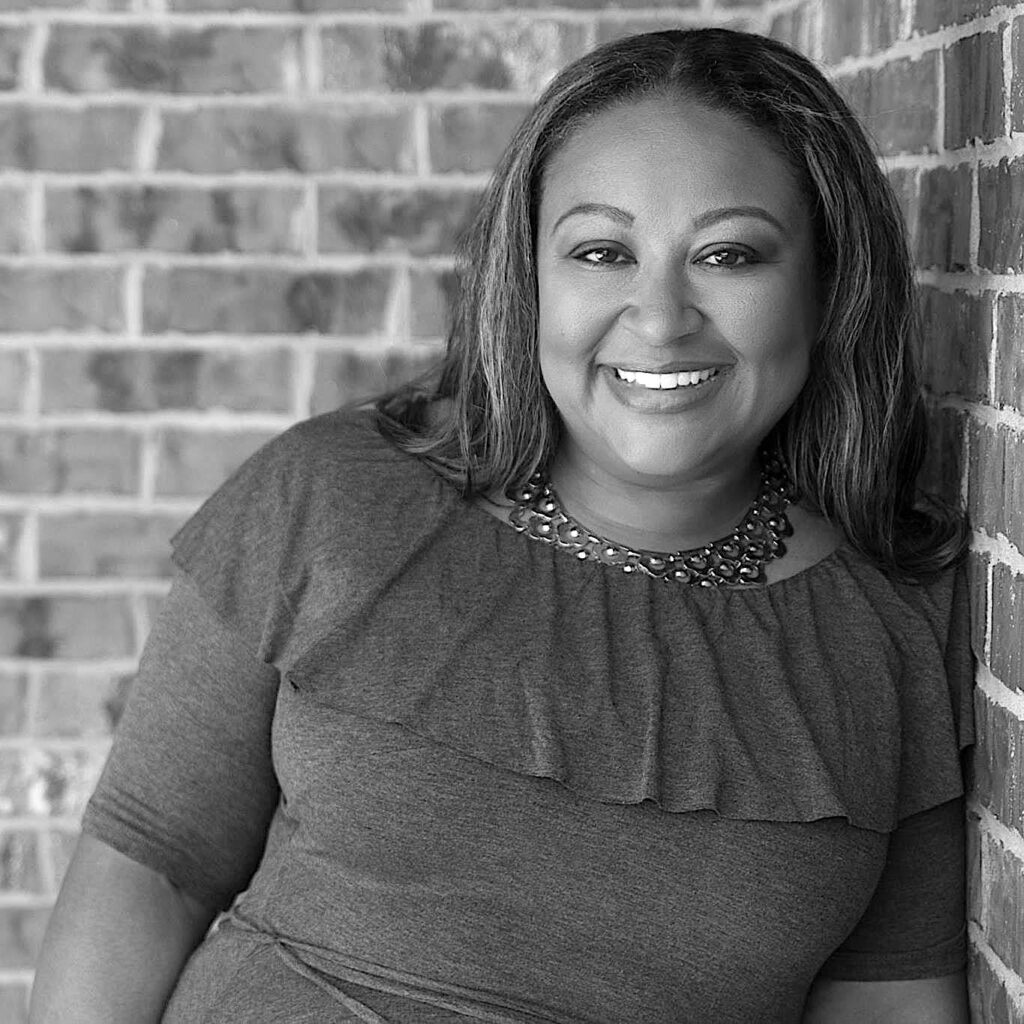
‘It’s Jesus and therapy
The stigma associated with mental health also runs deep through Black Tulsa. “Many people in the community have had an uncle or a grandparent who just sat in the back room, and we didn’t talk about it. Part of it was that we didn’t have the language or understanding to define what was happening with them. But also, we tended to think we could keep these cases hushed. Consequently, lots of people went undiagnosed and untreated.”
Advocates of mental wellness point out that the stigma runs as strongly as ever among North Tulsans and is one of the most substantial barriers to better mental wellness.
“People feel if they sweep their problems under the rug or just deal with them by self-medicating, it will be all right,” explained Nicole Washington, a national renown Black physiatrist based in Tulsa, in an interview with the Eagle. In addition to her practice in Tulsa, Washington is a podcaster and frequent commentator on mental health disorders.
“But we have to stop doing that. We must stop saying that somebody is ‘off’ or ‘acting up’ and acknowledge that there are real mental health issues in the community. To deal with mental health, there has to be a willingness to be transparent about them.”
The dominant role of the church in Black Tulsa has played a mixed role in the management of mental health. Traditionally, Black faith leaders have encouraged their congregants who are struggling to seek resolutions through prayer.
But therapists and mental health advocates in North Tulsa have responded that many mentally challenged require medical care to improve their conditions.
“What we know for sure is that the roots of faith are profound and strong in our community. So, we cannot be dismissive of that,” White Janak said. “We must be inclusive of that but also add some other things. Prayer is wonderful. But when we pray, and you are still having thoughts that you should harm yourself, thoughts that you should harm other people, or paranoia or all kinds of other things, or you are anxious to the point that you cannot control yourself, it means you need further help.
“It’s Jesus and therapy,” she added. “We have to have both in our approach.”
Despite the barriers, mental health care providers in Tulsa’s Black community have reported some positive steps in the community’s management of mental health.
A New Way has made significant headway in addressing the needs of Blacks adolescents to cope with their trauma issues, Williams reported.
In her therapy practice, Washington says that a younger generation of Black Tulsans is pushing back against taboos in the community and reaching out for counseling and medical care.
According to White Janak, more Blacks and particularly Black women, are more open about discussing and seeking help with the mental stresses they are suffering. “I see more Black folk in our community finding it easier to say, ‘I am not OK,’” she said. “There is a trend towards being OK with not being OK, and that’s a good thing. It doesn’t lessen your faith; it makes you more human.”
MHAOK also recorded successes in its efforts to alleviate mental health in Tulsa. According to its annual report, in 2021, the organization served 30,000 persons across Oklahoma. That includes
- 11,279 who took advantage of drop-in centers in Denver House in Tulsa and elsewhere in the state;
- 18,8882 Oklahoma students were given mental health services;
- 694 persons participated in A Better Way, the organization’s back-to-work program;
- 8,199 reached out for Suicide Prevention Services. MHAOK feels that it has made the greatest headway in addressing the problems of the homeless.
- Last year, 211 persons were sustainably housed in Tulsa and Oklahoma City.
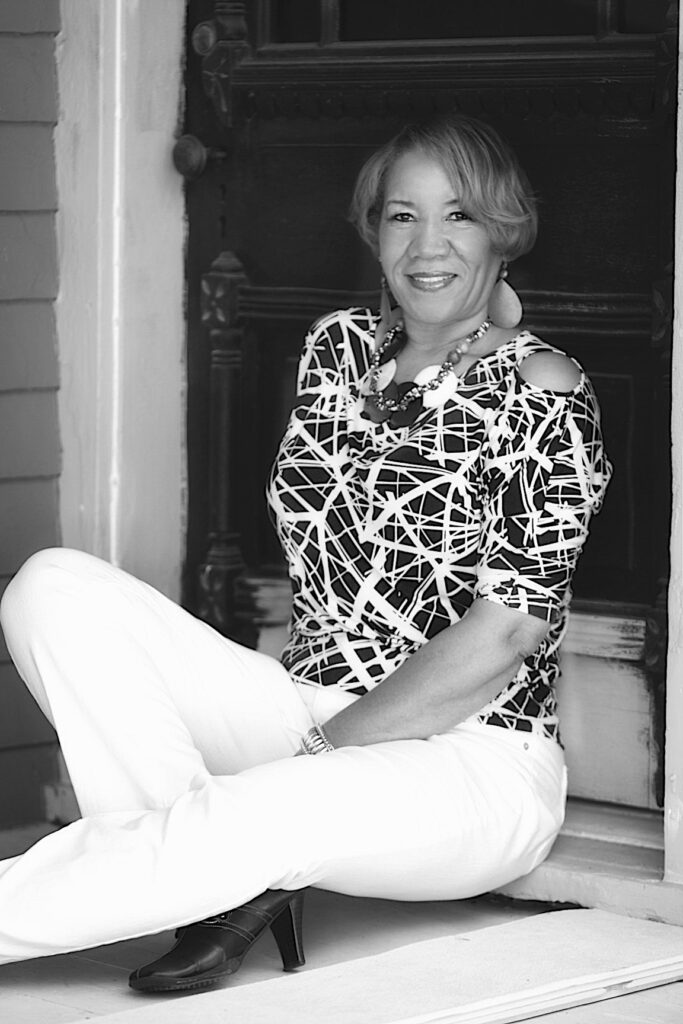
Structural changes are needed
The Tulsa Police Department has enhanced its training program to improve how officers engage with individuals with mental health challenges, a TPD official said.
At TPD, officers receive 60 hours of mental health training while in the police academy and another 40 hours once they are on the force, according to the official.
The training is made possible by a federal grant that the Oklahoma Department of Mental Health and Substance Abuse Services received to assist with their crisis intervention training programs for law enforcement across the state. It allows institutions such as the Tulsa-based Community Outreach Psychiatric Emergency Services to work closely with the Tulsa Police Department.
The community of mental health specialists in Black Tulsa agrees on one point: significant structural changes are needed to achieve more substantive, lasting progress. Davis, the program director at MHAOK, pinpointed three changes that should be prioritized.
- First, access to care for Blacks must be overhauled, he said. One way to do this is by building a new state-of-the-art mental health care facility that addresses the broad needs of the Black community.
- Second, there must be a full-scale comprehensive approach to educating the community on mental health issues.
- Third, there must be a significant effort to beautify the environment where Black Tulsans reside.
“The feel and look of where you live and the daily visuals have a big impact on your mental health,” Davis said. “So, we have to pay much more attention to the maintenance of the community.”
Currently, philanthropists favor supporting major institutions and faith-based efforts. That has often left smaller, community-based organizations underfunded. Others underline the need for more equitable mental health care funding for Black Tulsans.
For many Black Tulsans suffering mental health woes, if such changes happen at all, they may come too late.
Paris, for one, is done with Tulsa. She said she is planning a move out of state.
FWD: People First
“Nearly 2 million people are incarcerated in U.S. jails & prisons. Too often, they are described as “offender” & “felon”. These labels bias the public against criminal justice reform and make more freedom less possible.“
Word choices matter. Put #peoplefirst.
About This Project
The Mental Health Association Oklahoma, a nonprofit dedicated to improving mental health in Tulsa and across the state, in collaboration with Gary Lee, managing editor of The Oklahoma Eagle, explore and reveal the mental health challenges faced by Tulsa’s Black community. The Oklahoma Eagle interviewed three dozen people, primarily Black Tulsans, who have sought the assistance of therapists, counselors, faith leaders, community activists, and other professionals.We learned, through both personal and revealing discussions, about the unique burdens of Black Tulsans, and the ever-shifting balance between managing stress daily and the struggle to embrace each new day.
This series was funded by a stipend awarded by the Oklahoma Media Center funded by the Native American Journalists Association.
To read more visit Mental Health: Tulsa’s Black Community
Mental Healh Resources in Tulsa
Mental Health Resources in the Tulsa Metropolitan Area
Tulsa offers a wide range of clinics, therapists and counseling centers for those suffering from mental health stresses. Some specialize in emergency cases. Others are available to guide you to the best help according to your ailments or issues. Here are some agencies with contact information.
MENTAL HEALTH ASSOCIATION OF OKLAHOMA – TULSA, 5330 E. 31st St., offers a wide range of services including an online mental health, suicide prevention, support groups, housing support, a drop-in center and employment services and a quick response team for those seeking immediate help. 918-585-1213; email info@mhaok.org; MHAOK.org
TULSA HEALTH DEPARTMENT NORTH REGIONAL HEALTH AND WELLNESS CENTER, 5635 Martin Luther King Jr. Blvd., offers mental care guidance. 918-582-9355; tulsa-health.org
There are several private mental care facilities in Tulsa. Here are three recommended options:
PARKSIDE PSYCHIATRIC HOSPITAL & CLINIC, 1239 S. Trenton Ave., has more than 50 years of experience in Tulsa as a behavioral health treatment center. 918-588-8888; parksideinc.org
LAUREATE PSYCHIATRIC CLINIC AND HOSPITAL, 6655 S. Yale Ave., offers a comprehensive range of mental health care. 918-481-4000; saintfrancis.com/laureate/psychiatric-care/
LIFESTANCE HEALTH (FORMERLY CROSSROADS COUNSELING), 9717 E. 42nd St. #201, is one of the nation’s largest providers of outpatient mental health care. 918-270-4100; crossroadsoftulsa.com; lifestance.com
Here are three recommended hotlines.
COMMUNITY OUTREACH PSYCHIATRIC EMERGENCY SERVICES (COPES) is available 24/7; 918-744-4800
YOUTH CRISIS MOBILE RESPONSE line; 833-885-CARE (2273)
THE NATIONAL SUICIDE PREVENTION LINE, which gets callers directed to someone in Oklahoma when dialed from an Oklahoma number is 800-273-8255
FAMILY SAFETY CENTER promote safety and justice in Tulsa County through collocated, multidisciplinary services. Domestic violence and abuse cases are a specialty. 918-742-7480; fsctulsa.org
A NEW WAY CENTER, 101 N. Greenwood Ave. Suite 131, is centered in the Historic Greenwood District and specializes in mental care for at risk adolescents. 918-599-7277; anewwaycenter.com
MORTON COMPREHENSIVE HEALTH SERVICES, 1334 N. Lansing Ave., has a Behavioral Health Department that is a full-service center for entire families. 918-587-2171; mortonhealth.com/behavioral-health/
NATIONAL ALLIANCE ON MENTAL ILLNESS (NAMI) TULSA, 708 S. Boston Ave., is the local chapter of a national advocacy organization offering educational services to help the families of mentally challenges patients be better advocates. 918-587-6264; namitulsa.org
BLACK THERAPISTS, TULSA
Finding the right psychiatrist or therapist can be tough, especially for those who want a Black professional. This directory, compiled by the national magazine Psychology Today, is a good place to start.
https://www.psychologytoday.com/us/therapists/ok/tulsa?category=african-american
FAITH-BASED THERAPY
Those more comfortable with therapy from a religious perspective should check out the following.
JOY CHRISTIAN COUNSELING, LLC, 7633 E. 63rd Place Suite 300, is owned by Amber Thaxton, a licensed professional counselor. 918-986-1559; www.joychristiancounseling.com
Members of Tulsa’s LGBTQ community have resources available at:
DENNIS R. NEILL EQUALITY CENTER, 621 E. 4th St., is home of Oklahomans for Equality (OkEq) and seeks equal rights for Lesbian, Gay, Bisexual and Transgender (LGBT) individuals and families through advocacy, education, programs alliances. 918-743-4297; www.okeq.org
BEAM (BLACK EMOTIONAL AND MENTAL HEALTH COLLECTIVE), is Culver City, California-based national training, movement building, and grant making nonprofit dedicated to the healing, wellness, and liberation of Black and marginalized communities. It offers programs that center Black mental health and healing. beam.community
THERAPY FOR QUEER PEOPLE OF COLOR is an Atlanta-based national group of psychologists, professional counselors, social workers and administrative specialists who provide quality mental healthcare exclusively to queer and trans people of color. 404-981-7012; www.therapyforqpoc.com
For those who are comfortable seeking assistance through an app,
SHINE is an app geared to engage with people seeking mental health support through mobile and desktop counseling. www.theshineapp.com
Sponsors
Mental Health Association Oklahoma








